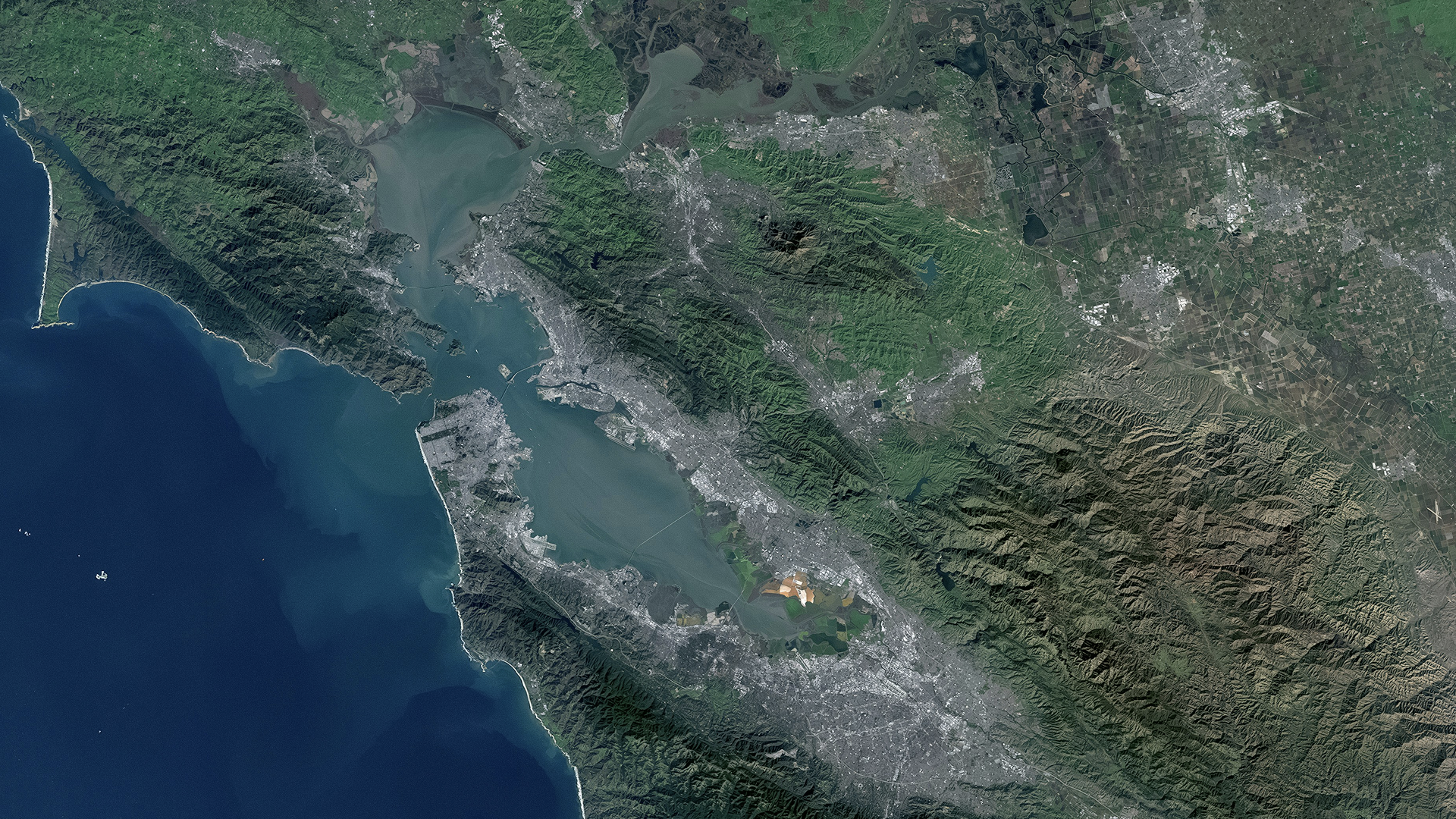Summary
- Measurement is a prerequisite for action: Without credible, granular emissions data, net zero plans lack integrity and impact, especially when Scope 3 emissions are unaccounted for.
- Voluntary climate disclosure falls short: Regulation—not just guidance—is essential to close the credibility gap in corporate climate targets and disclosures.
- Science must meet real-world constraints: Companies need pragmatic tools and capacity to turn research insights into actionable, scalable decarbonisation strategies.
- Platforms are enablers, not silver bullets: Data platforms like Terrascope help companies fill emissions gaps—but success requires leadership, transparency, and cultural buy-in.
As Terrascope’s inaugural Climate Café kicked off, Director of Sustainability Lia Nicholson welcomed Dr. Angel Hsu to the virtual stage. What followed was a frank and timely conversation on one of the greatest challenges in corporate climate action today: how to make emissions data not only accurate—but actionable.
With decades of experience translating science into environmental governance, Dr. Hsu offered a data scientist’s lens on the evolving ESG and climate landscape. Here are four takeaways from their discussion.
Dr. Angel Hsu is the Founder and Director of the Data-Driven EnviroLab and an Associate Professor at the University of North Carolina. Her work focuses on the intersection of data, policy, and environmental governance, using science to close gaps in climate accountability. She is a globally recognised voice in climate analytics, ESG, and urban sustainability.
Companies are increasingly aware of the importance of data and measuring their impact on the environment. This shift is driven by pressure from regulators, investors, and consumers who prefer climate-conscious companies. However, the challenge is encouraging companies to value and use their data correctly. Developing detailed guidance is only part of the solution; there is also a need for a global regulatory environment that mandates emissions disclosure for both nations and companies.
1. Measurement is a Prerequisite for Real Climate Action
“You can’t manage what you can’t measure and you can’t manage well what you don’t measure well,” said Dr. Hsu.
This guiding principle underpins the modern ESG playbook. But while many companies have made public pledges around net zero, the rigor behind those commitments often falls short. Hsu pointed to recent research from the Net Zero Tracker, which found that many of the world’s largest businesses still fail to disclose core metrics like Scope 3 emissions or use of offsets.
Without transparency, net zero pledges become hollow. Worse, they erode trust.
Companies must start by measuring emissions credibly and consistently—especially indirect emissions buried deep in value chains. Platforms like Terrascope, Hsu noted, play a key role in bridging this data gap, offering credible Scope 3 estimates even where direct reporting is limited.
2. Voluntary Disclosure Isn’t Enough - Regulation Must Step Up
While the business case for climate disclosure has grown, voluntary efforts alone haven’t been enough to move the needle.
“There’s been a lot of guidance, but not enough enforcement,” said Dr. Hsu. “We need a regulatory environment that mandates emissions disclosure—across sectors and borders.”
Emerging global frameworks like ISSB and efforts by national regulators are a step forward. Yet, they must expand to include not only Scope 1 and 2, but also Scope 3, to give a full picture of corporate impact. The key is policy that compels transparency while offering businesses a clear path to compliance.
3. Bridging the Science–Action Gap Requires Pragmatism
Dr. Hsu highlighted a recurring challenge: scientific research and tools often outpace what organisations can practically implement.
“Many models exist,” she said, “but if companies don’t understand them—or don’t have the internal capacity to use them—they don’t translate into action.”
That’s why usability and communication are just as important as scientific rigour. Decision-makers need frameworks that match their operational realities, alongside training and cross-functional alignment. In this regard, sustainability data must become more than a compliance task—it must become core to how businesses make strategic decisions.
4. Data Platforms Are Enablers, Not Silver Bullets
Terrascope’s role in climate action, Dr. Hsu noted, is emblematic of where the industry must head. Data platforms that can model emissions across geographies, suppliers, and operations are critical tools but they’re only one piece of the puzzle.
“These tools need champions inside companies,” said Dr. Hsu. “The data won’t move the needle unless people know how to use it—and unless leadership actually listens.”
Empowering sustainability and IT teams to co-own emissions intelligence is key. It’s also where collaboration between regulators, scientists, and software partners will be essential in the years to come.
“You can’t manage what you can’t measure, and you can’t manage well what you don’t measure well,” - Dr Angel Hsu, Founder and Director, Data-Driven EnviroLab.

/climate%20cafe/Angel-Hsu-1-scaled-e1715280985874.webp)
/climate%20cafe/Data-Driven-Lab-logo.png?width=255&height=81&name=Data-Driven-Lab-logo.png)


